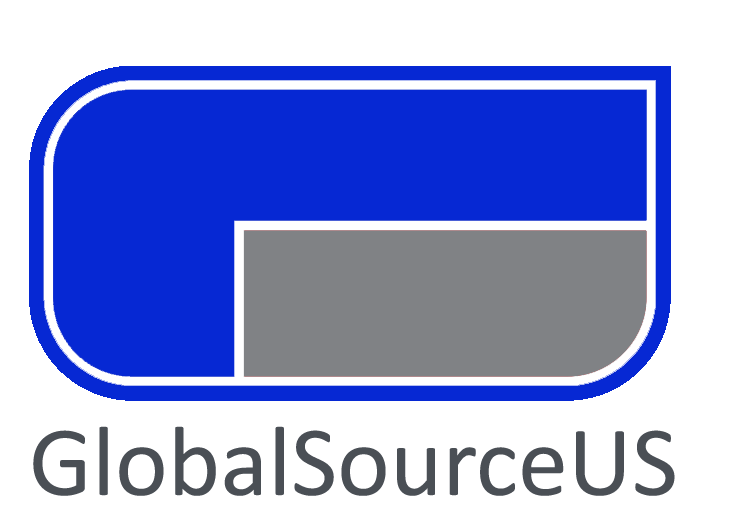Functional testing
We provide manual, semi-automated and automated functional testing services to ensure that both front-end and back-end components of the application work properly and as initially designed.
GlobalSourceUS Functional Testing Services provide functional testing services for independent software vendors and enterprises.
GlobalSourceUS will work with clients during early stages of SDLC to prevent defects and identify defects early to reduce the overall testing costs, rework costs and improve quality. GlobalSourceUS will follow disciplined testing approach and leverages proven industry standard testing techniques, tools, pre-built test accelerators, and methodologies. Our structured and risk based regression testing approach ensures that the new features or enhancements do not cause any unintended impact to the existing quality of applications.
Key Aspects of Functional Testing:
Unit Testing:
– Verify the functionality of individual components or units of your software to ensure they work correctly in isolation.
Integration Testing:
– Validate the seamless integration of different modules or components to ensure they function cohesively as a complete system.
System Testing:
– Assess the overall functionality of the entire system to ensure it meets the specified requirements and behaves as expected.
User Interface (UI) Testing:
– Evaluate the user interface for usability, accessibility, and consistency to deliver a positive user experience.
Usability Testing:
– Assess the overall user-friendliness of your application, focusing on user interactions and overall ease of use.
Performance Testing:
– Evaluate the responsiveness, stability, and overall performance of your application under different conditions
Security Testing:
– Identify vulnerabilities and ensure the security of your application by conducting thorough security testing.
Compatibility Testing:
– Validate that your application functions correctly across various browsers, devices, and operating systems.
Benefits of Functional Testing with GlobalSourceUS
Ensured Functionality – Confirm that each function of your application performs as intended, providing a reliable user experience.
Early Issue Detection – Detect and address functional issues early in the development process, reducing the risk of defects in the final release.
Improved User Satisfaction – Deliver a high-quality product that meets user expectations, leading to increased user satisfaction.
Risk Mitigation – Identify and mitigate risks associated with functional aspects, ensuring the overall stability of your software.
Explore Functional Testing, with GlobalSourceUS and enhance the functionality of your software applications.
How Functional Testing Works:
Functional testing is a crucial phase in software development, ensuring that an application’s functions perform as intended. This process involves systematically evaluating each feature to verify its compliance with specified requirements.
Requirements Verification:
Functional testing begins with a meticulous review of software requirements to establish a testing roadmap.
Test Planning:
Detailed test plans are developed, outlining the scope, objectives, and criteria for functional testing.
Test Case Design:
Test cases are created to cover various scenarios, including normal and edge cases, ensuring comprehensive coverage.
Execution:
-Test cases are executed systematically, and the application is tested against functional specifications.
Data Validation:
-Functional testing includes validating input data and ensuring accurate output results.
Error Identification:
-The process involves identifying and documenting any deviations from expected outcomes, including software bugs.
Regression Testing:
-Changes in the software are tested to ensure that existing functionalities remain unaffected by updates or modifications.
User Interface Testing:
-Functional testing assesses the application’s user interface, confirming its responsiveness and user-friendliness.
Integration Testing:
-The integration of individual components is tested to ensure seamless communication and collaboration.
Performance Testing:
-Functional testing extends to evaluate the application’s performance under various conditions, such as load and stress testing.
Functional testing plays a pivotal role in delivering a software product that not only meets but exceeds user expectations, ensuring its reliability, functionality, and overall quality.
Requirements analysis and clarification
Our specialists seamlessly integrate into your project team. The testing team works closely with BAs, developers and stakeholders to prevent unclear requirements in the specification. This helps our testing team to understand the project scope and its specifics, this helps the team to draft the test strategy.
Test planning and test design
Drafting test plan
The Test Lead drafts a detailed test plan that is reviewed by stakeholders and approved.
Test design
The testing team writes test cases / checklists according to the test plan and unite them into a test case document. Each requirement in the specification is transformed into a test case, so tests cover as much of specified behavior as possible.
Prep measures
The testing team sets up a well-balanced strategy with an optimal mix of manual and automated testing. Thereafter, the test plan, the test case document, the test environment and the test data are created and approved.
Some specific services that GlobalSourceUS offers for functional testing are
GlobalSourceUS functional testing methodology adopts a disciplined structured approach to identify and create the right set of test cases and date for testing
Requirements Ambiguity Testing
Business Process Testing
Manual & Automated Testing
Smoke & System Integration Testing
Regression Testing
Compatibility Testing
Platform Testing
API/Web services testing
Globalization and Localization testing
User Acceptance Testing
Data Verification Testing
As part of the functional testing services GlobalSourceUS will perform
Understanding the functional requirements
Detailed requirements review and functional prioritization
Design test strategy and test plan
Prepare test scenarios
Review test scenarios
Test scenario sign off
Prepare test cases along with test data
Review test cases
Test cases sign off
Do Impact analysis and evaluate test readiness
Execute smoke test
Execute regression suite and report execution status
Establish quality gates definition, planning & estimation
Document and report defects
Maintain and manage the defect lifecycle
Publish go/no-go dashboard for the release with readiness report
Collaborate and Help business teams in conducting business acceptance testing
Provide support services to assist teams with defect reproduction
Develop requirement traceability matrix between the requirements vs Test cases
GlobalSourceUS Differentiators
Our domain SME’s and expertise will help our clients to reduce the overall knowledge transition time
Leveraged Disciplined test metrics and dashboards highlighting test effectiveness and also for stakeholders review
Proactively find and rectify defects during the early stages of SDLC phase to reduce the number of instances involving code alteration
Proven expertise executing more than 50+ functional testing engagements over a period of 6 years
Subject matter experts with decades of domain and regression testing experience
Established and disciplined Cost-benefit regression model helps client QA teams strike a fine balance between test selection and fault detection during early stages of SDLC life cycle



